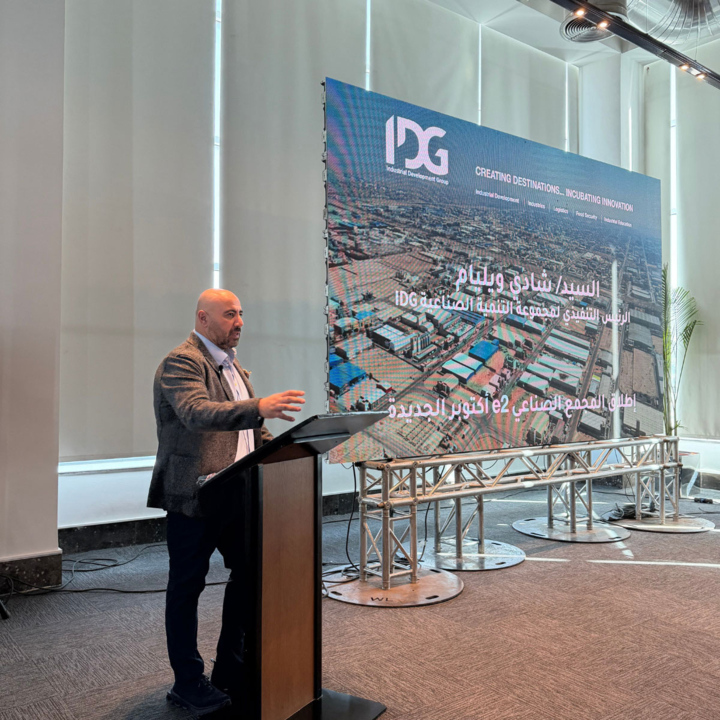
Key results
Forecast: The mood among companies remains poor. An upturn is not yet in sight. None of the indicators surveyed provide any sustainable impetus for the economy as a whole. For 2025 as a whole, the DIHK expects gross domestic product to shrink by 0.3 percent.
- There are no signs of an improvement in the economic situation in early summer 2025. Only 25 percent of companies currently describe their business situation as "good" (at the start of 2025: 26 percent), while 25 percent say the situation is poor (unchanged compared to the start of the year). The situation balance fell slightly by one point to zero points.
- Companies' business expectations remain predominantly pessimistic despite a noticeable improvement. Around a quarter of companies have a negative outlook for the future (26 percent compared to 31 percent previously). The proportion of companies that expect business to improve over the next twelve months has risen slightly to 16 percent (previously 14 percent). Accordingly, the balance of expectations (minus 17 to minus 10 points) is now less negative. This means that the balance of expectations is exactly the same as the previous year's figure and well above the long-term average (three points).
- Once again, economic policy conditions are the most frequently cited business risk. At 59 percent, they are only just below the all-time high (60 percent). Just under 6,000 companies made use of the free text response option for the economic policy framework conditions. By far the most frequently mentioned keyword is "bureaucracy", while 24 percent of industrial companies see "trade barriers" as an economic policy risk. The second and third most common business risks are domestic demand (57 percent) and labour costs (56 percent, all-time high).
- The industry's export expectations are deteriorating, primarily due to the tightened and unpredictable US tariff policy. Export plans are deep in negative territory: 29 percent of companies expect exports to fall over the next twelve months, while only 19 percent expect them to rise. The balance of export expectations deteriorated by two points to minus ten points.
- Companies remain very hesitant about their investment plans in Germany. Only 24 percent of companies are planning to increase investment, with a third stating that they intend to reduce investment. The balance of investment intentions rose only slightly by three points to minus seven points, which corresponds to the weak level of the previous year. The main investment motives are replacement investments and rationalisation. At 19 percent, the proportion of companies intending to expand capacity is at a historically low level.
- Only 13 percent of companies are planning to increase employment in the coming months, while more than one in five companies (22 percent) are reducing their workforce. At minus nine points, the resulting balance is well below the long-term average (minus one point) and has improved slightly by one point compared to the previous survey.
- The tense business situation and continued negative business expectations have also led to an increase in the proportion of companies reporting financing difficulties. 43 percent (compared to 41 percent previously) consider their financial situation to be problematic.



